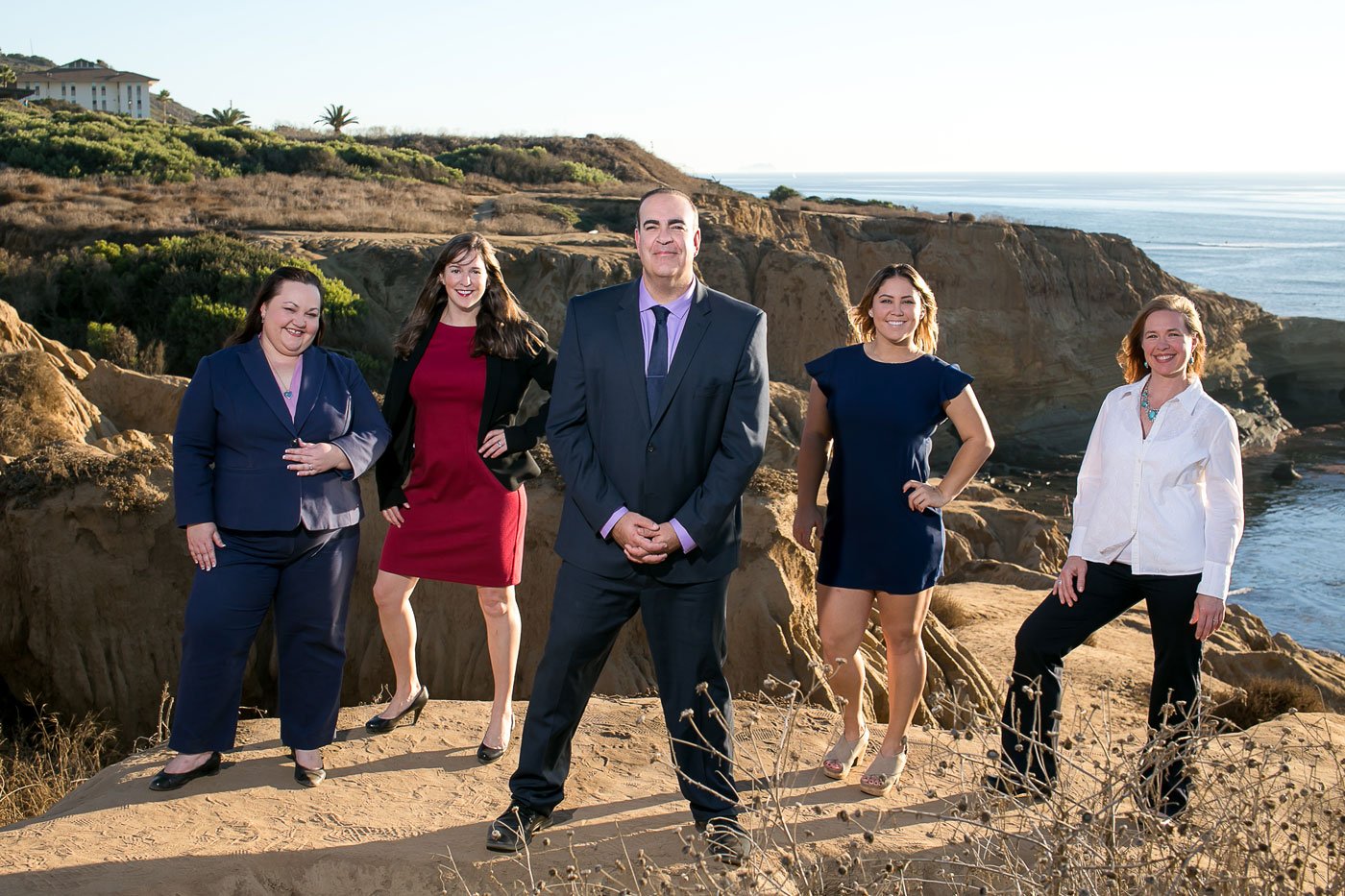False Imprisonment And Domestic Violence
“Wait! Please! Don’t go.”
When a spouse grabs onto the arm of their partner in an attempt to prevent them from leaving, they run the risk of being charged with false imprisonment in addition to domestic violence charges. This happens to good people in California on a regular basis who find themselves facing multiple criminal charges as the result of a marital argument or drunken outburst. Once the police arrive, someone is going to jail and the prosecutor will be looking to bring charges.
What Is False Imprisonment?
According to sections 236 and 237 of the penal code, false imprisonment is “the unlawful violation of the personal liberty of another.” Prosecutors in domestic violence cases will be looking to prove that the accused restrained another person and that their conduct actually prevented the person from moving or leaving the situation.
Prosecutors Need Leverage
It is difficult to prove false imprisonment, so why do prosecutors bring these charges? The reason they add charges such as false imprisonment, battery and dissuading a witness to domestic violence charges is to gain leverage. They use the presence of multiple criminal charges to negotiate a plea agreement, providing them with the conviction they want while removing the additional charges.
False Imprisonment Penal Code 236
False Imprisonment. It sounds like a hostage situation in a movie. Unfortunately, False Imprisonment is a very common charge involved in a Domestic Violence situation. Call the Premier Domestic Violence Law Group if you find yourself charged with this crime at 619-752-3702.
Get Leverage Of Your Own
At Premier Domestic Violence Law Group, based in San Diego, we are led by a former criminal prosecutor who knows the games the prosecution will play. We use that perspective to stay one move ahead of them and get the best possible outcome for our clients. The time to act is now if you face false imprisonment or other charges related to a domestic violence case. Contact us for a free consultation.

